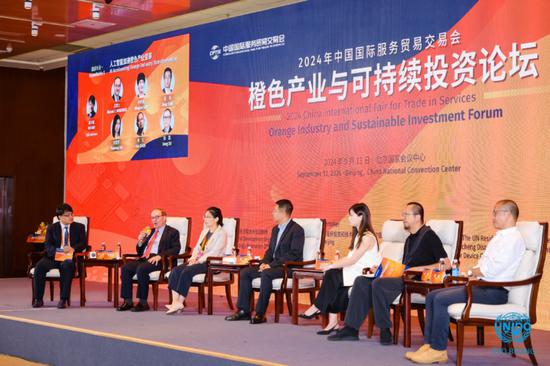
Speakers share views at a panel discussion during the Orange Industry and Sustainable Investment Forum in Beijing, Sept 13, 2024. (Photo provided to chinadaily.com.cn)
Under the theme of "Creativity, Innovation, Entrepreneurship for Sustainability", the Orange Industry and Sustainable Investment Forum was held in Beijing on Friday.
United Nations Conference on Trade and Development defines the orange industry as cycles of creating, producing, and distributing goods and services that use creativity and intellectual capital as primary inputs. Orange industry encompasses all the industries relying on creative industries, such as music, fashion, film, advertising, software, and TV/radio.
Speaking at the forum, Sheng Qiuping, vice-minister of the Minister of Commerce, said that the orange industry, which highlights creativity and innovation, highly aligns with China's commitment to implementing innovation-driven development strategy and fostering new quality productive forces.
In a bid to encourage and develop the orange industry, it is essential to adhere to openness and inclusiveness, and apply an innovation-driven development strategy to promote deep integration between culture and technology, Sheng said.
Siddharth Chatterjee, the United Nations resident coordinator in China, said in his video address that the UN has realized the potential of the orange industry in achieving sustainable development goals, and actively guides the world to promote the sector's development.
The orange industry has become an important contributor to global economic growth. UNCTAD estimated that in 2020, the cultural sector accounted for 3.1 percent of global GDP while creative goods and services represented 3 and 21 percent of total merchandise and services exports, respectively.
China has experienced rapid development in the orange industry. According to UNCTAD, in 2020, China was by far the largest exporter of creative goods ($169 billion). As the service sector has gained prominence in the creative industries, China's creative service exports have grown from $59 billion in 2020 to $67 billion in 2022.
The orange economy can contribute to achieving several Sustainable Development Goals by 2030, said Wu Yabin, head of UNIDO ITPO Beijing. It could empower developing countries, improve people's well-being, and enhance competitiveness of products, enterprises and even a nation, in the global value chain.
Chinese products are highly competitive in global markets thanks to their high quality and relatively low prices, Wu said, adding that if China's creativity could be attached, an all-new value can be provided to global consumers.
In the wake of artificial intelligence innovation, experts said AI technology, which can be used to increase efficiency, is accelerating the revolution of the orange industry.
Tian Feng, dean of SenseTime's Intelligent Industry Research Institute, said AI plays an important role in orange industry development, and it also removes some barriers such as in language.
For creators in the creative industry, the paint has become data, while traditional paintbrushes have turned into various AI tools, said Liu Yinmeng, founder and CEO of OUTPUT, a digital culture platform. AI-generated content, or AIGC, has a significant effect on content creation and production methods, Liu added.
The forum, hosted by the United Nations Industrial Development Organization Investment and Technology Promotion Network, is a key event during this year's China International Fair for Trade in Services.








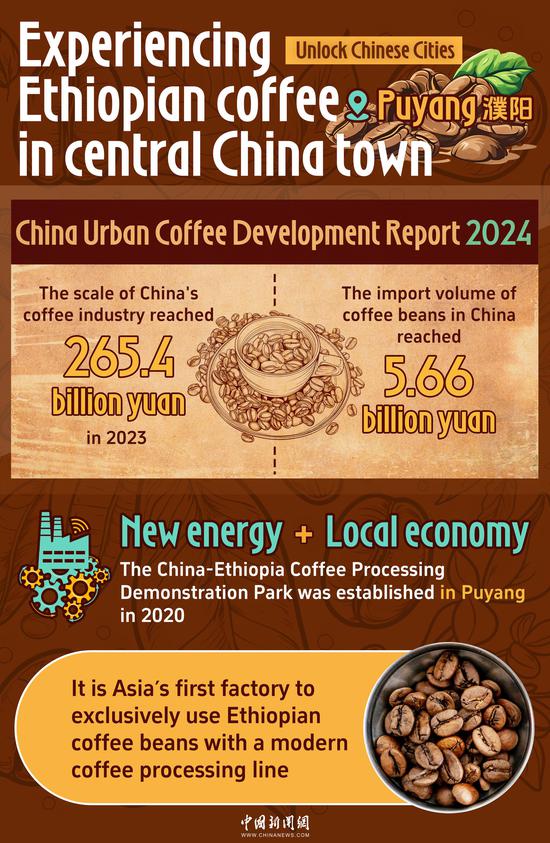
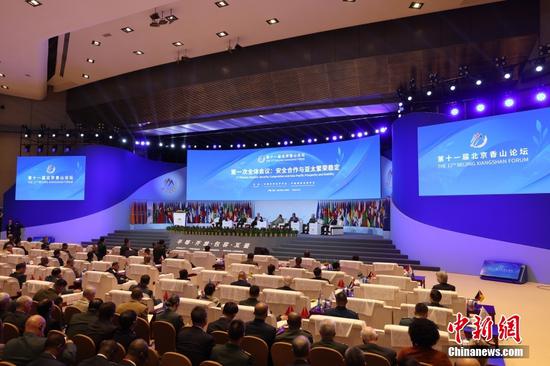

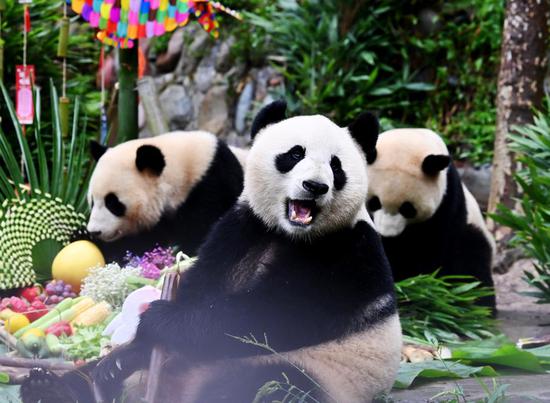

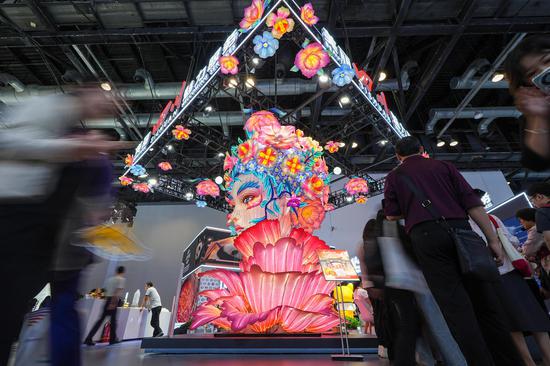
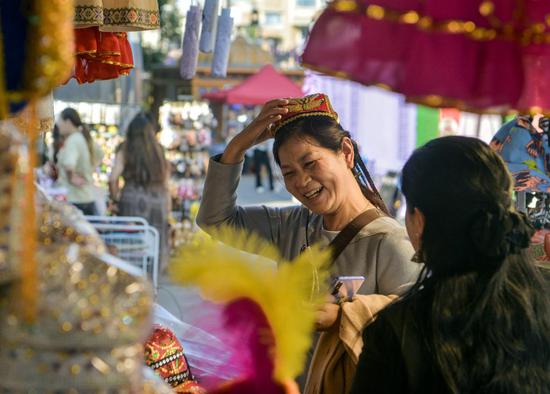
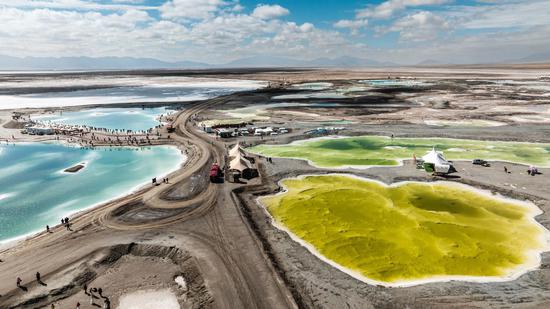
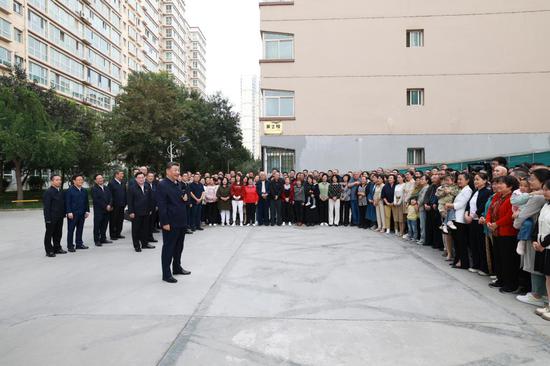
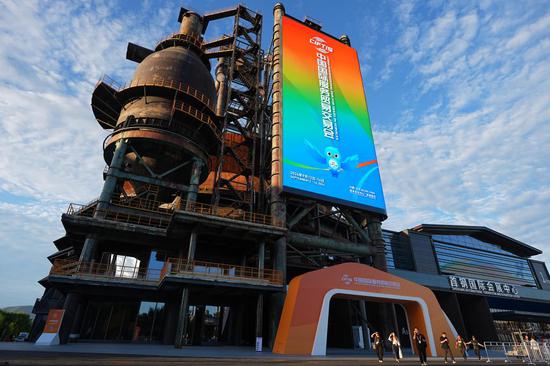
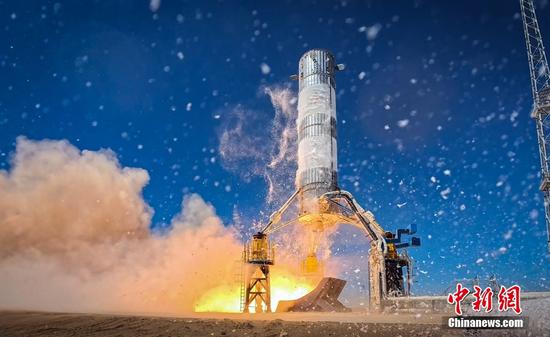



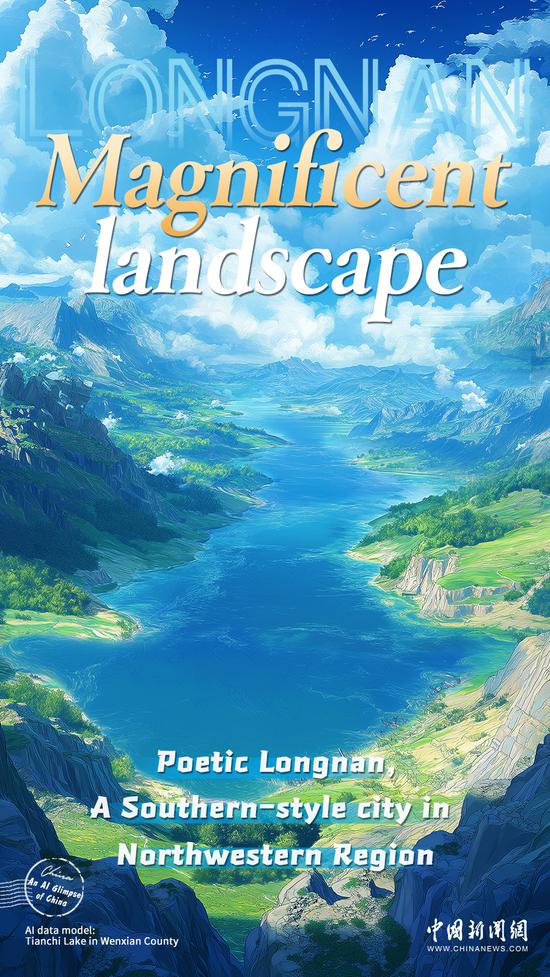






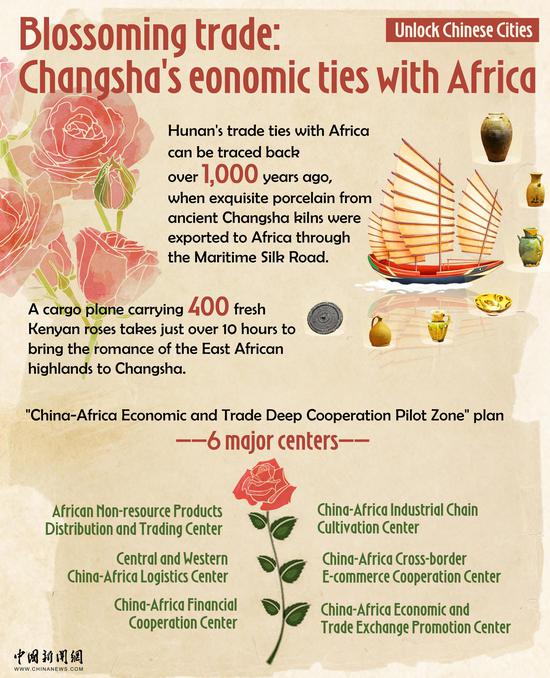


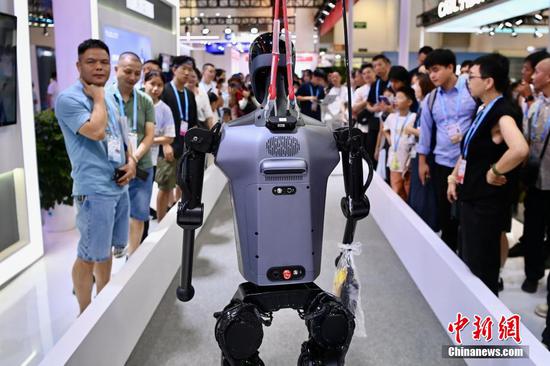
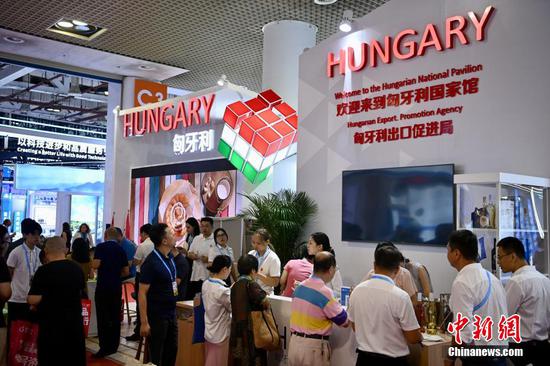



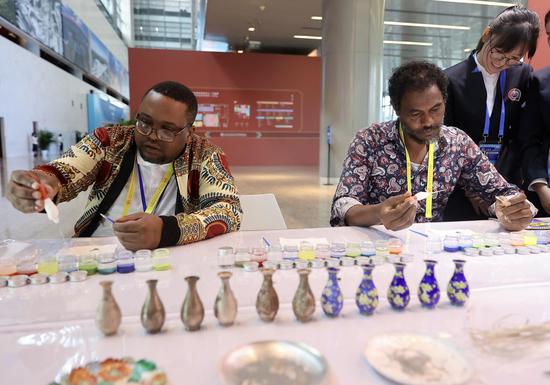
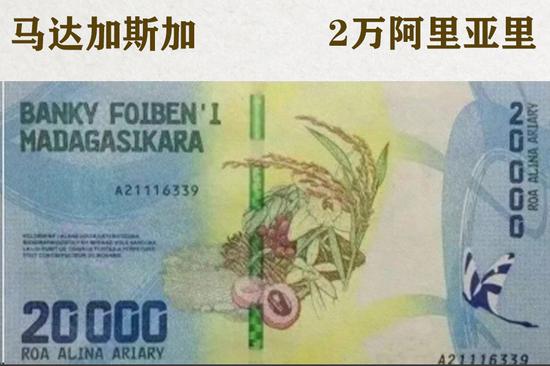
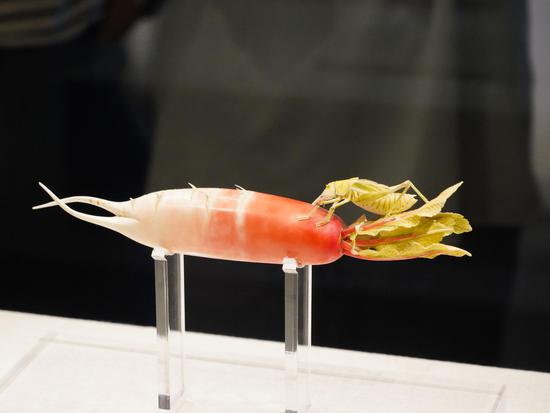
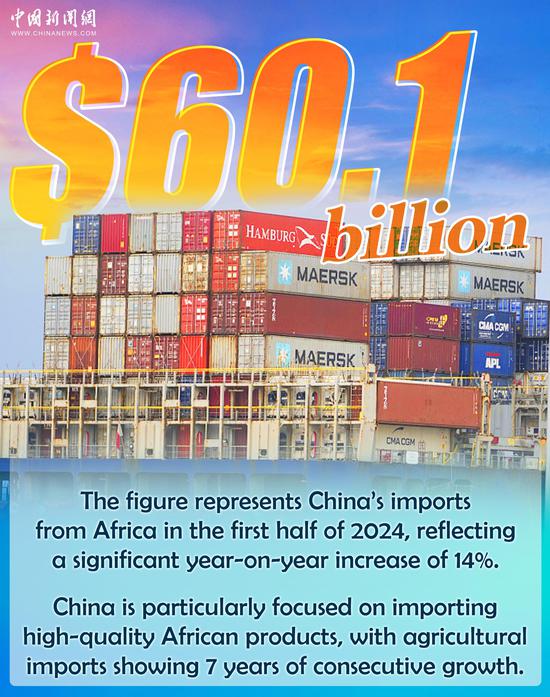
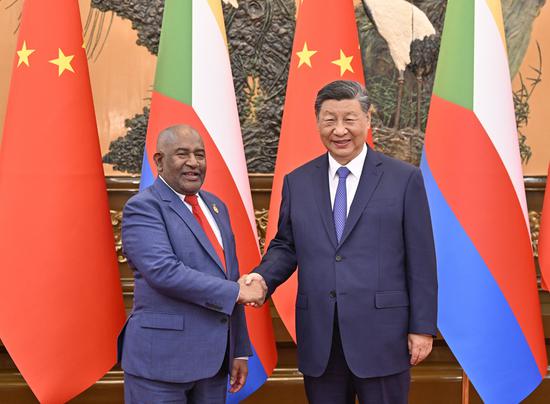
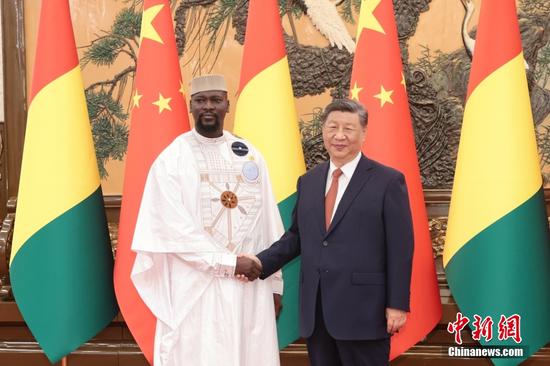
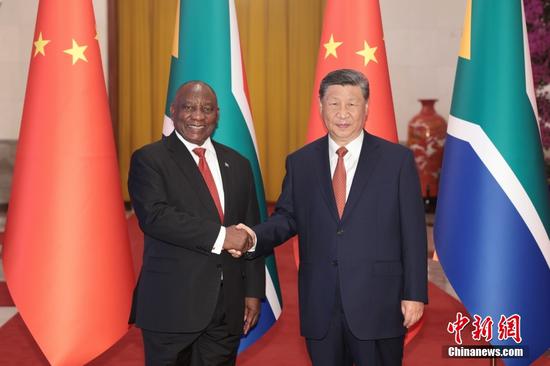


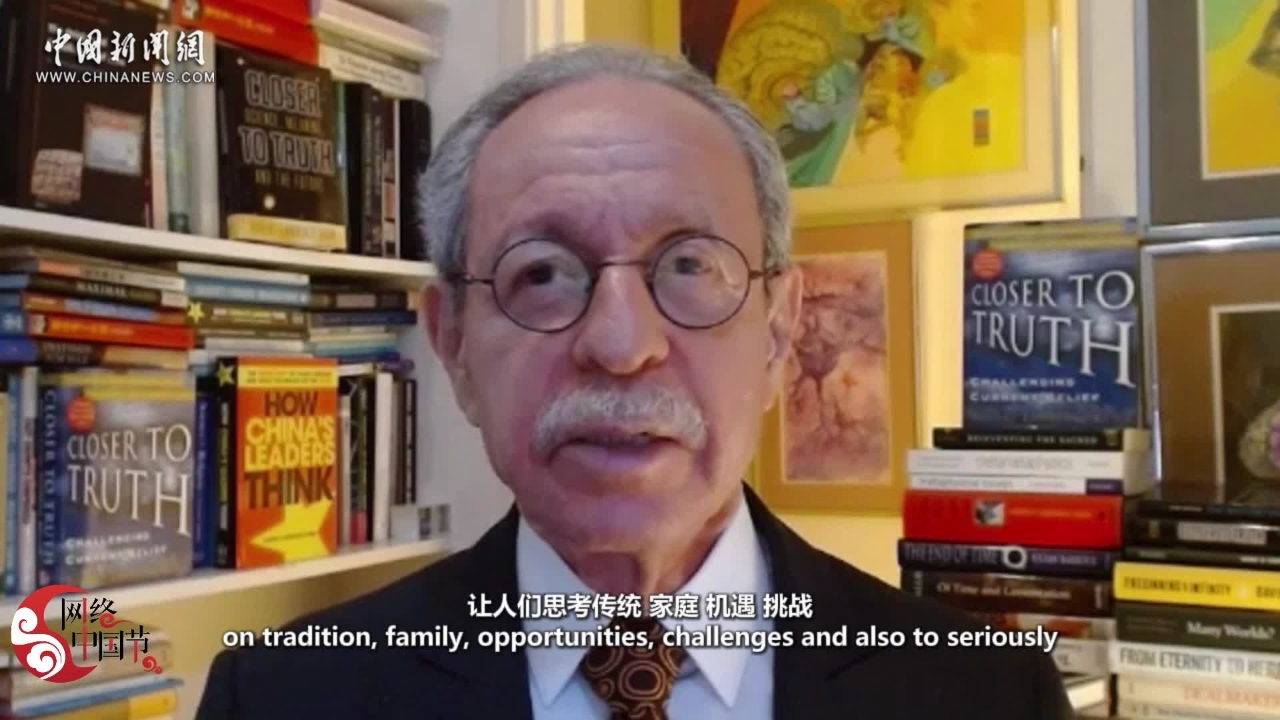

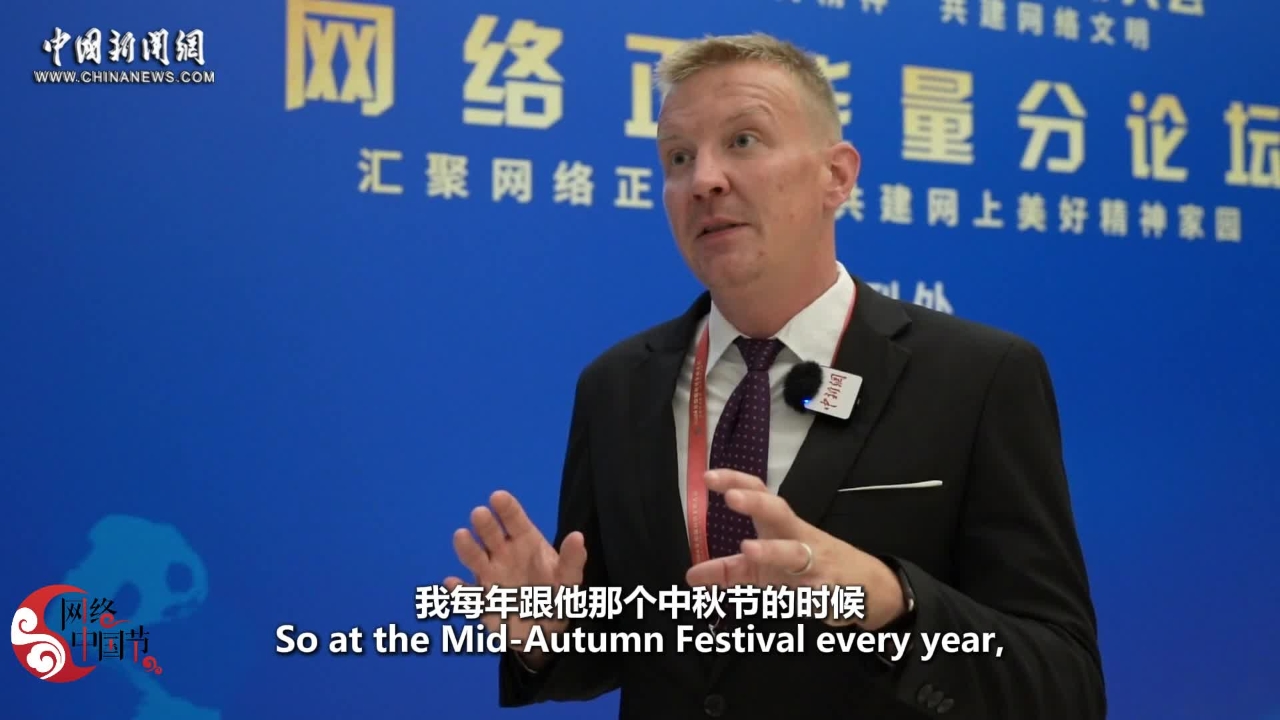

 京公网安备 11010202009201号
京公网安备 11010202009201号